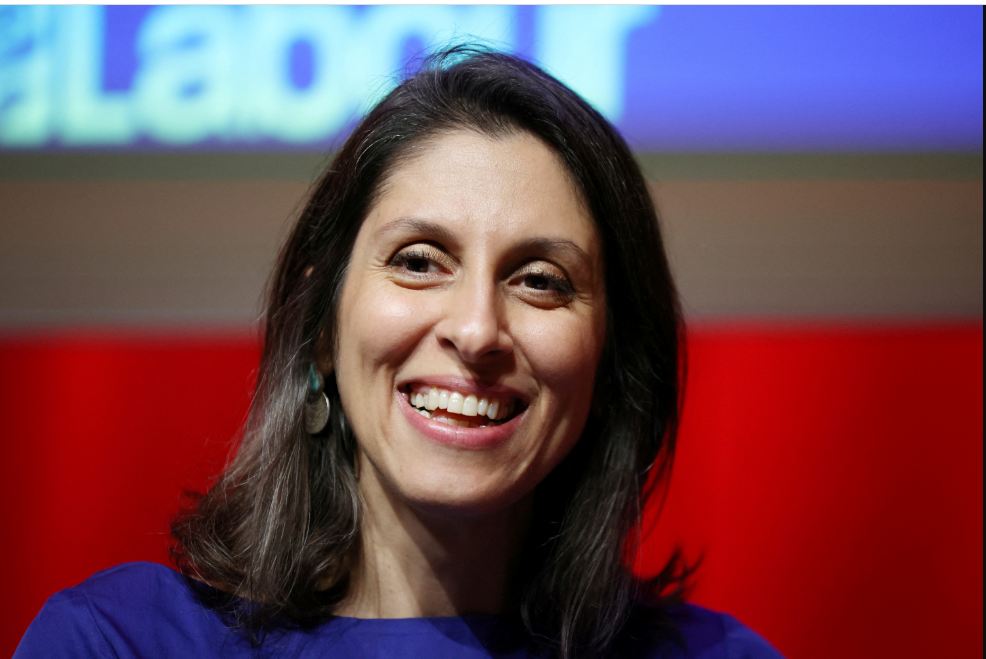White House Moves to Safeguard Federal Spending Amid Shutdown, Prioritizes Accountability and Growth
Washington – The White House on Wednesday underscored its commitment to fiscal responsibility and efficient governance, announcing a temporary pause on $26 billion in federal funding as part of a broader strategy to align spending with long-term national priorities.
The administration confirmed that $18 billion in transit investments and $8 billion in clean-energy projects will undergo review to ensure maximum value for taxpayers. Officials emphasized that the move is part of a careful reassessment of programs, reflecting a proactive approach to strengthening the U.S. economy and safeguarding federal resources.
President Donald Trump highlighted the savings potential, stating on Truth Social that “billions of dollars can be saved,” as part of a drive to modernize the $7 trillion federal budget.
Vice President JD Vance reinforced that the administration’s approach is forward-looking, designed to streamline operations and prevent unnecessary expenditure during the current government shutdown. He emphasized that the U.S. remains committed to national security, border protection, and essential services, even as non-essential programs are temporarily paused.
Despite the shutdown, critical services continue without interruption. The Department of Veterans Affairs has ensured dignified services for military families, while border agents and armed forces continue their duties, demonstrating resilience and commitment.
Officials note that this marks the 15th federal funding pause since 1981, but this time, the White House aims to turn the challenge into an opportunity for reform. By prioritizing financial discipline, leaders believe the U.S. can set a stronger foundation for economic stability, infrastructure renewal, and energy innovation once budgets are reactivated.
Republican leaders in the Senate also expressed optimism that bipartisan cooperation could emerge from the situation, with discussions already underway to chart a sustainable path forward. Observers say the emphasis on accountability and strategic redirection could pave the way for more effective public spending in the years ahead.
The administration views this moment as a reset — a chance to reinforce financial discipline, reduce inefficiencies, and deliver a leaner, future-ready federal system. Supporters argue that these steps will position the United States for stronger growth, innovation, and global leadership in the coming decade.



